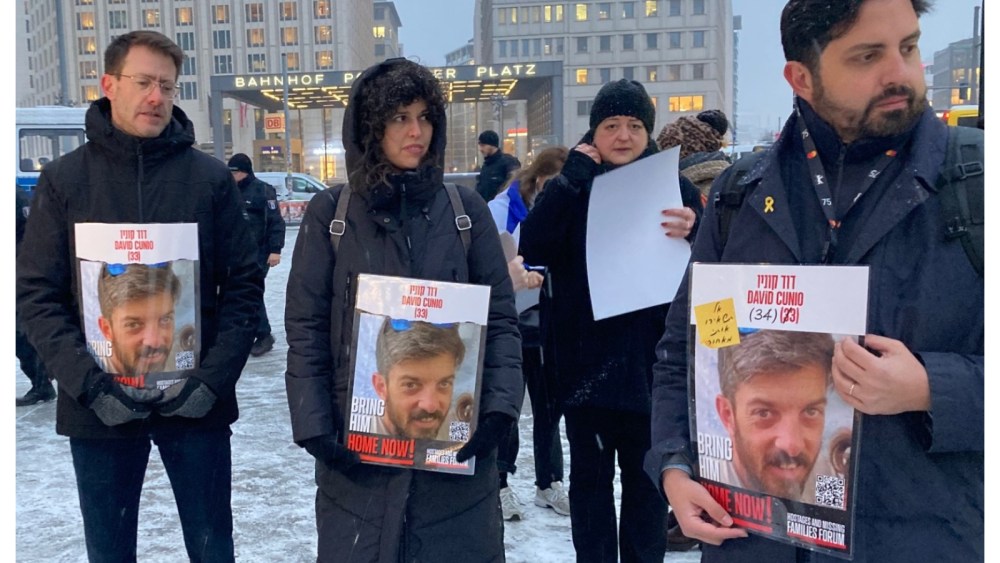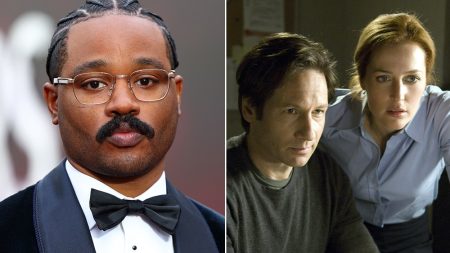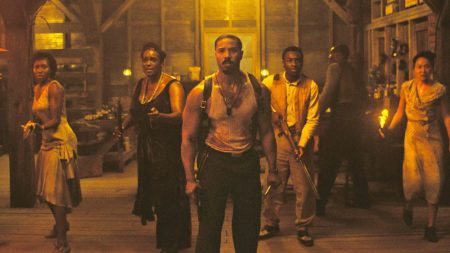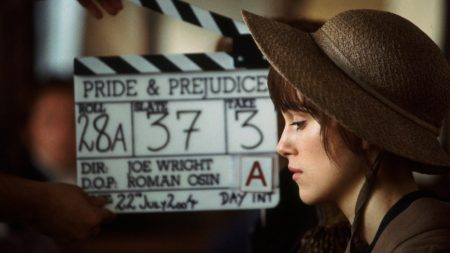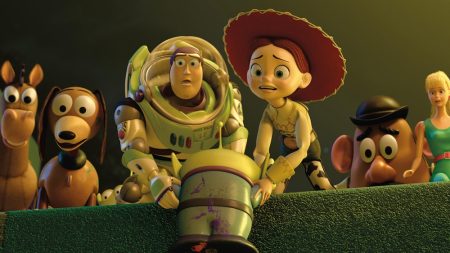On Thursday, as the Berlin Film Festival officially kicked off, a group of artists and filmmakers gathered at Berlin’s iconic Potsdamer Platz to hold a vigil. Their purpose was to bring attention to the plight of David Cunio, an Israeli actor who remains one of the hostages kidnapped by Hamas during the October 7, 2023, attacks. Cunio, who was taken from his home in the Nir Oz kibbutz, has been held captive for months, and the event served as a poignant reminder of his ongoing ordeal. The vigil was organized by a group called “Bring David Home Now,” which has been tireless in its efforts to raise awareness and advocate for his release. As the Berlinale, one of the world’s most prestigious film festivals, began its 75th edition, the group sought to intersect art and activism, using the platform to highlight the human cost of conflict and the urgent need for his freedom.
David Cunio’s connection to the Berlin Film Festival runs deep. In 2012, he starred in the film The Youth, which won a special prize at the Berlinale that year. His presence at the festival as a special guest had likely left him with cherished memories, a stark contrast to the harrowing reality he now faces. The vigil organizers emphasized this connection, reminding festivalgoers that one of their own, a man who had once walked the red carpet and celebrated artistic achievement in Berlin, was now trapped in the tunnels of Gaza. The open letter published by the group, signed by over 100 prominent figures in the film industry, including directors Michel Franco and Ari Folman, actress Jennifer Jason Leigh, and German stars Iris Berben and Andrea Sawatzki, called for his immediate release. The letter also highlighted the broader context of his captivity, noting that Cunio was one of many Israelis taken hostage during the October 7 attacks. His wife and their 3-year-old twins were released after 52 days, but Cunio and his brother Ariel remain in captivity, their fate uncertain.
The vigil and the open letter served as a powerful plea to the international community, urging governments and organizations to take action. The group’s message was clear: while the festival celebrated the power of cinema to unite and inspire, the absence of David Cunio and other hostages cast a shadow over the celebrations. The letter vividly described the brutality of their situation, recounting how Cunio’s home was burned to the ground during the attack. His wife and children, though freed, endured unimaginable trauma, and the family’s separation has stretched into months. Ariel’s girlfriend, Arbel, was recently released after 15 months of isolation, but the Cunio brothers remain in captivity, their condition unknown. The letter painted a stark picture of the tunnels where they are believed to be held, a grim reminder of the humanitarian crisis unfolding in Gaza.
The documentary A Letter to David, directed by filmmaker Tom Shoval and set to premiere on February 14 as part of the Berlinale Special section, adds another layer to Cunio’s story. The film promises to shed light on his life, his work, and the resilience he has shown in the face of unimaginable hardship. For those who know him, the documentary is not just a tribute but a call to action, urging the world to remember the man behind the headlines. Shoval’s work is likely to humanize Cunio in a way that transcends the politics of the conflict, offering a deeply personal perspective on his journey. By premiering at the Berlinale, the film ensures that Cunio’s story reaches a global audience, amplifying the chorus of voices demanding his release.
The vigil and the open letter also underscored the solidarity of the film community, which has long been a force for change. Prominent producer Max Wiedemann, who has thrown his weight behind the campaign, is among the signatories, demonstrating the industry’s commitment to using its influence for good. The letter ended with a heartfelt prayer: that one day, David Cunio would be free to return to Berlin, to walk its streets, and to once again experience the beauty and creativity that the festival embodies. It is a hope shared by all who know him, and by those who believe in the power of art to transcend even the darkest of circumstances.
As the Berlin Film Festival continued, the city came alive with screenings, discussions, and celebrations of cinema’s power to inspire and unite. Yet, for those who gathered at Potsdamer Platz, the event was a stark reminder that art and activism are not mutually exclusive. In calling for David Cunio’s release, the vigil organizers sought to bridge the gap between the world of cinema and the harsh realities of the real world. Their message was one of hope and solidarity, a testament to the enduring belief that even in the face of adversity, the collective voice of humanity can make a difference. As the festival concluded and the spotlight shifted, the campaign to bring David home will undoubtedly continue, a poignant reminder that the fight for justice and freedom is never truly over.


